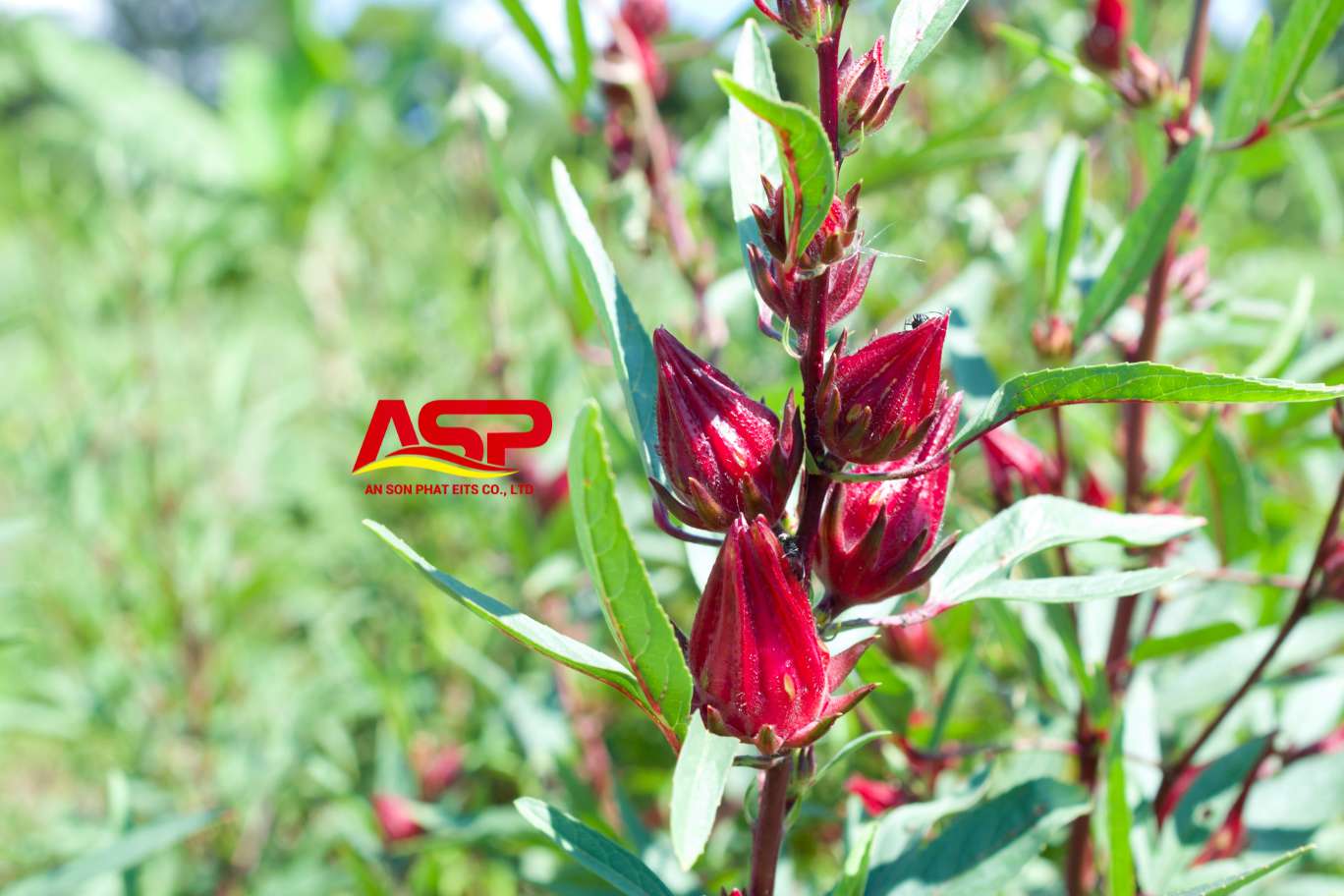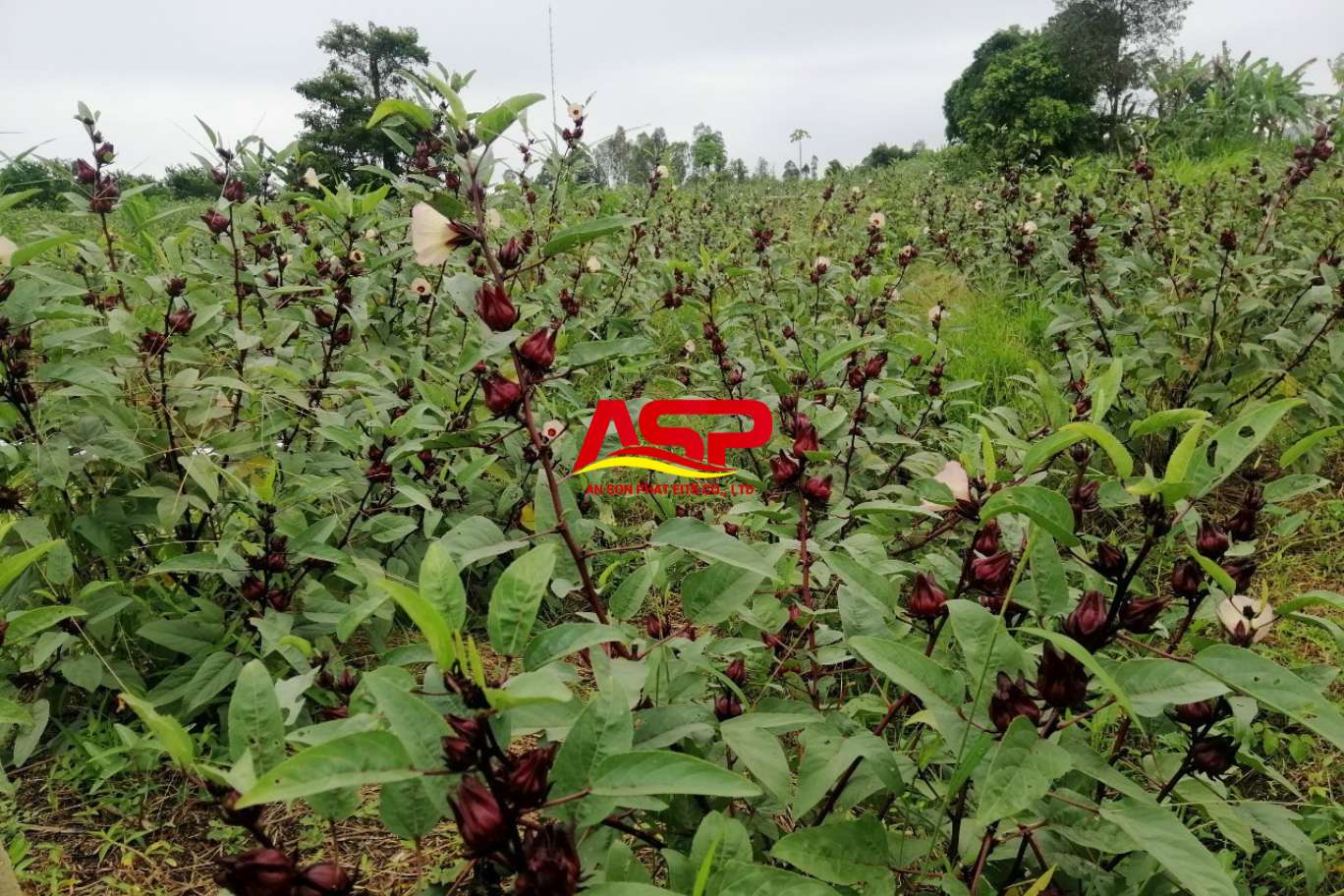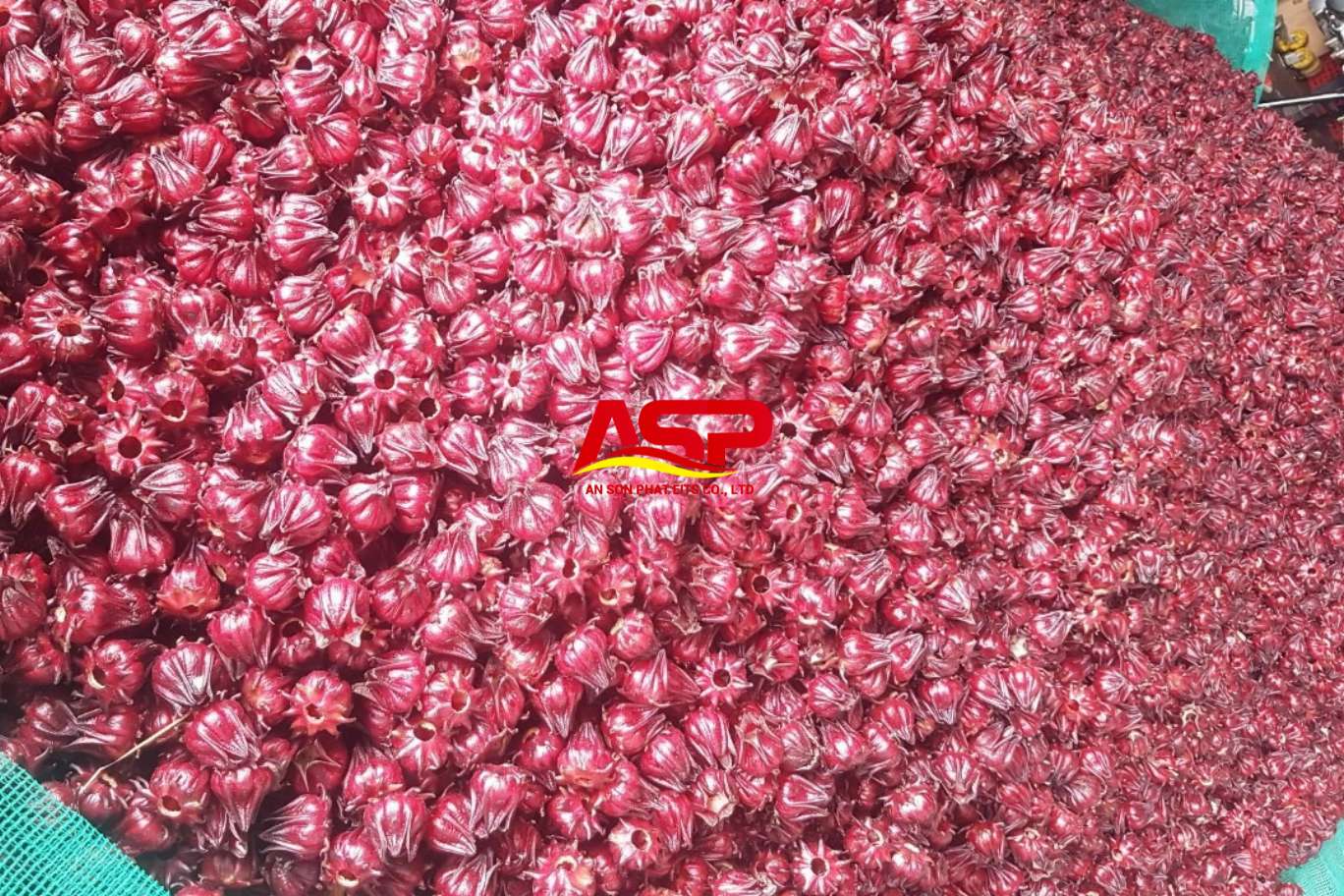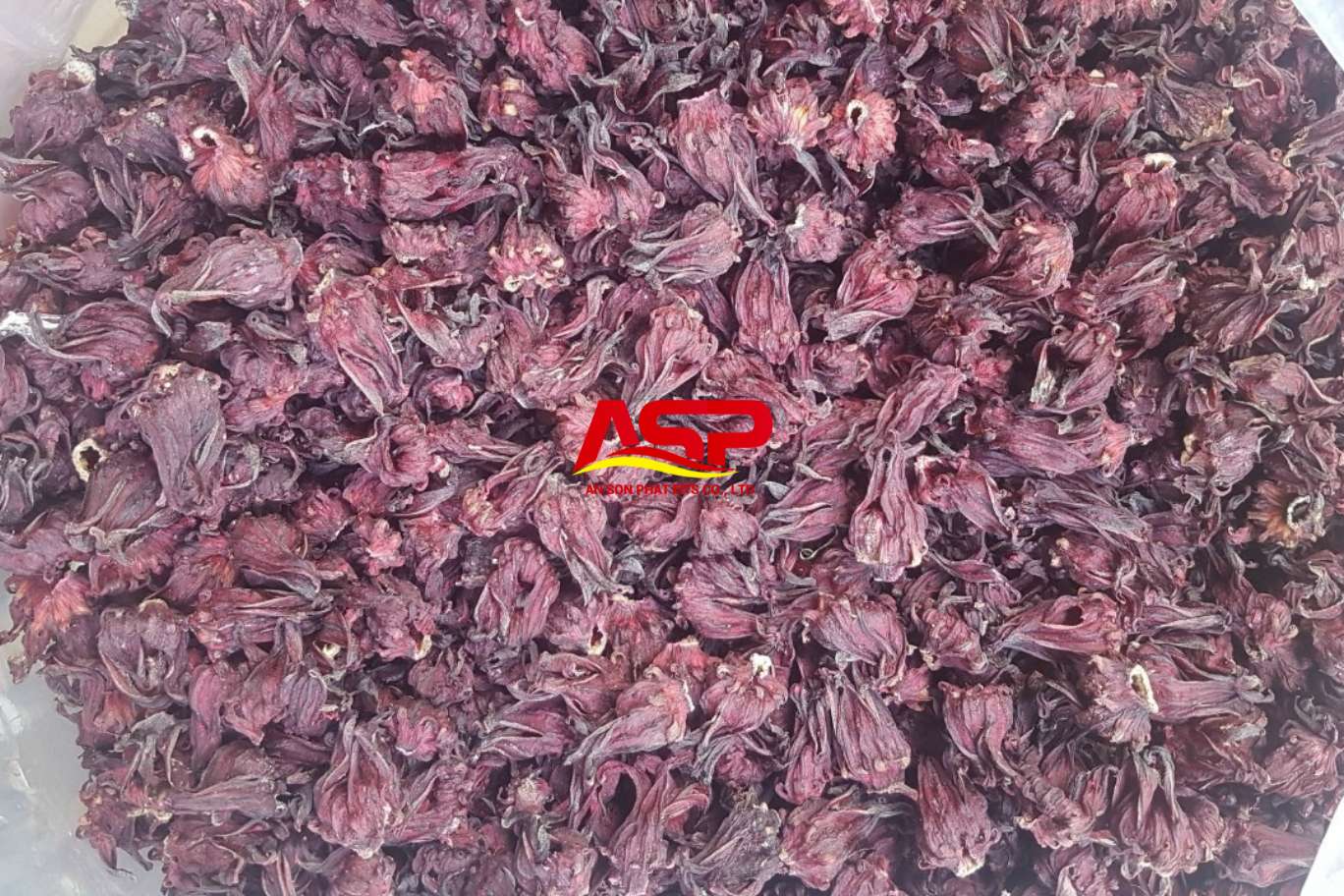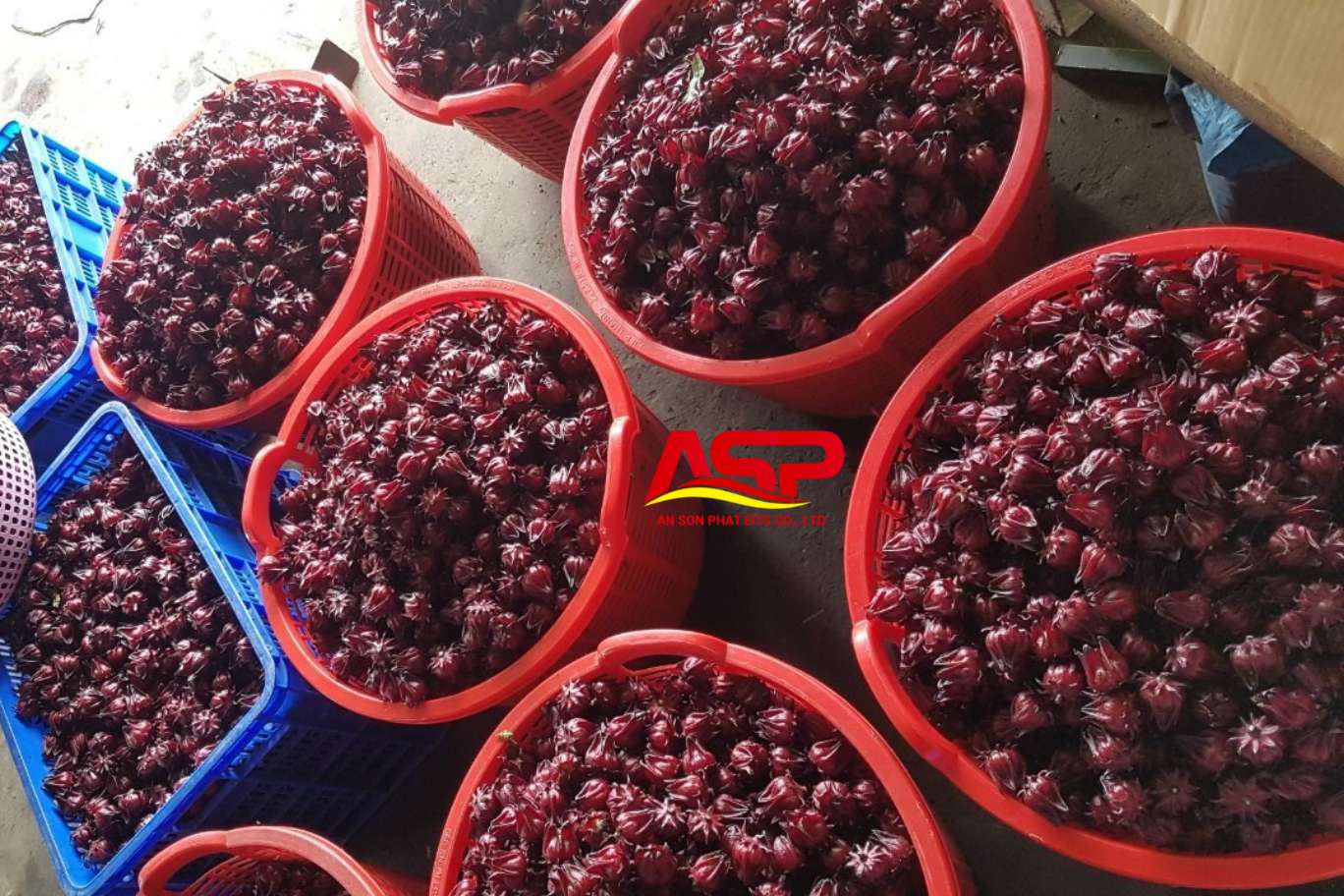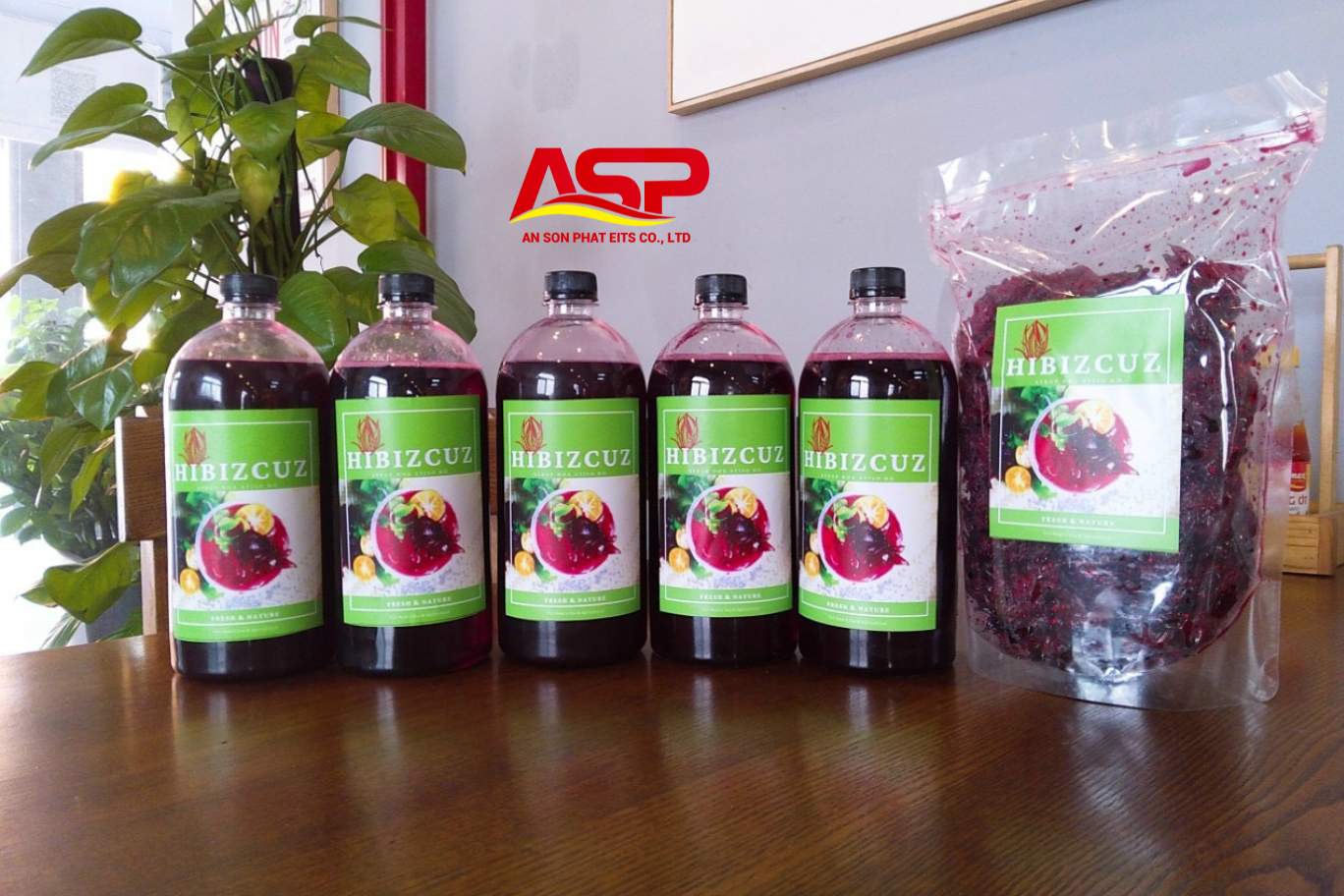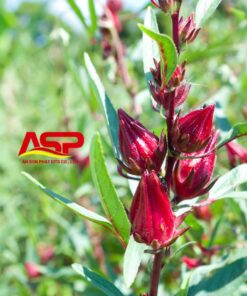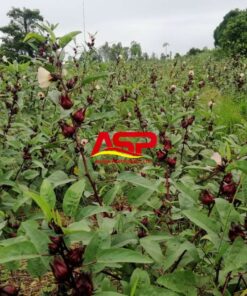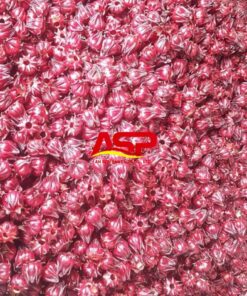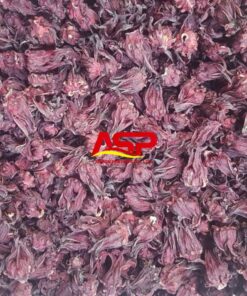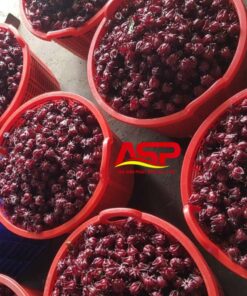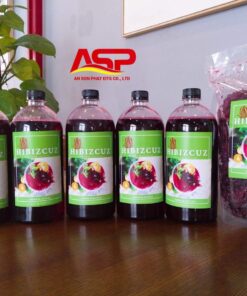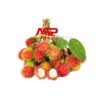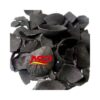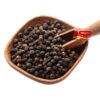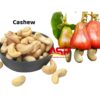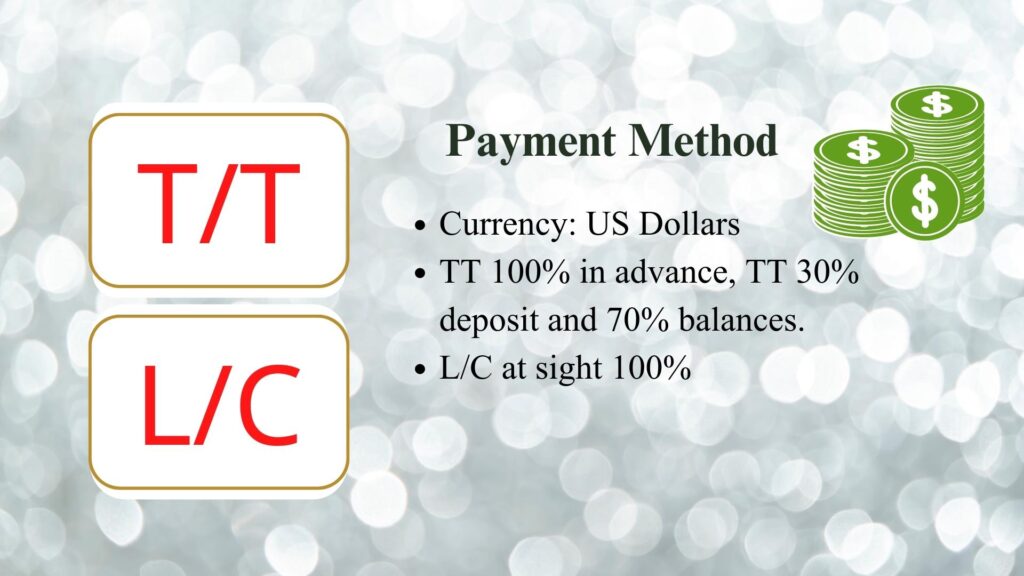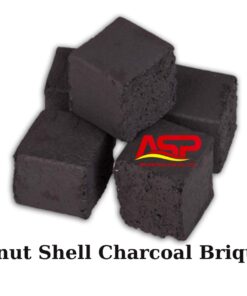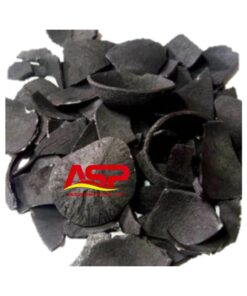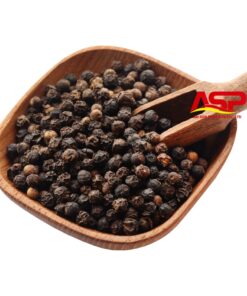Roselle
I. Description
Roselle is an annual or perennial herb or woody-based subshrub, growing to 2–2.5 m (7–8 ft) tall. The leaves are deeply three- to five-lobed, 8–15 cm (3–6 in) long, arranged alternately on the stems.
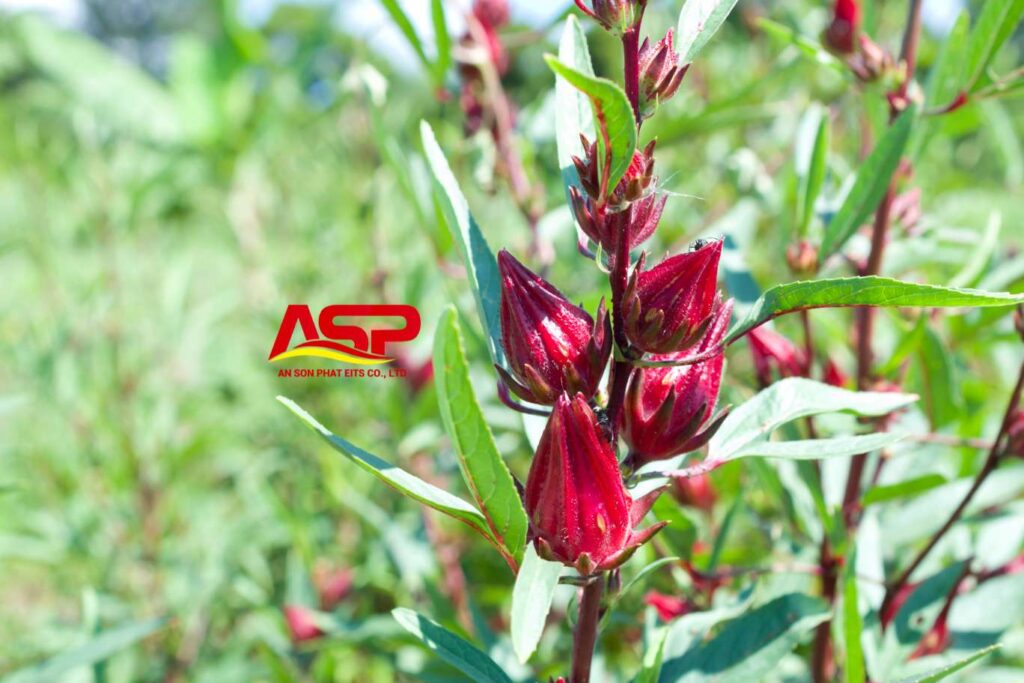
The flowers are 8–10 cm (3–4 in) in diameter, white to pale yellow with a dark red spot at the base of each petal, and have a stout, conspicuous calyx at the base, 1–2 cm (0.39–0.79 in) wide, enlarging to 3–3.5 cm (1.2–1.4 in) and becoming fleshy and a deep crimson red as the fruit matures, which takes about six months.
II. Benefits

1. Protects with antioxidants
The hibiscus plant is rich in antioxidants such as beta-carotene, vitamin C and anthocyanin. “Antioxidant-rich foods really help across the board with quite a few health conditions,” Czerwony says. Antioxidants destroy harmful molecules known as free radicals within your body. Free radicals cause damage to cells that contribute to diseases such as cancer, heart disease and diabetes. While your body uses its own antioxidants to fight free radical damage, antioxidant-rich foods may also play a role in preventing disease.
2. Fights inflammation
Several animal studies and a few small human studies have shown hibiscus’s ability to fight inflammation, Czerwony says. Inflammation plays a role in the development of many illnesses, including cancer, asthma, Alzheimer’s disease, heart disease and rheumatoid arthritis. While more research is needed, it seems that hibiscus may offer helpful anti-inflammatory effects.
3. Lowers blood pressure
High blood pressure affects nearly half of all adults in the U.S., leading to serious health problems like heart attack, stroke, heart failure and kidney disease. In clinical trials, drinking hibiscus tea has been shown to lower blood pressure in humans.
However, the National Center for Complementary and Integrative Health points out that hibiscus and other herbal remedies only slightly lower blood pressure. They can’t replace medications for those who’ve been diagnosed with high blood pressure.
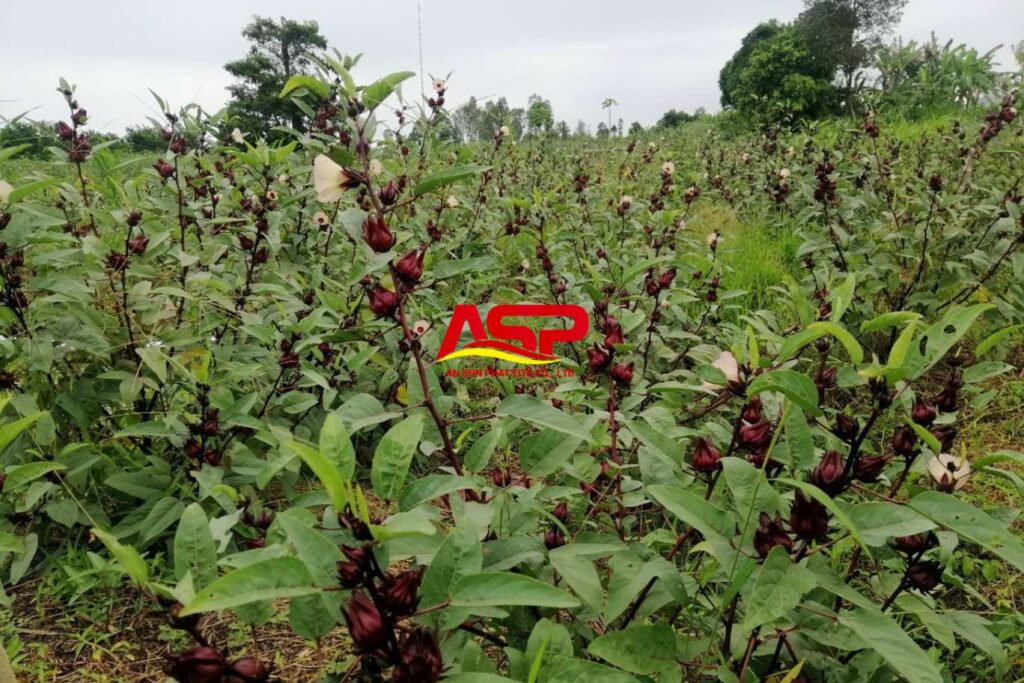
4. Lowers cholesterol
High cholesterol is another health problem that affects millions of adults and contributes to serious diseases like heart attack and stroke. While some clinical studies have shown hibiscus lowers cholesterol levels, others have shown little effect.
Czerwony says hibiscus may help maintain healthy cholesterol levels, but once again, we need more research to be sure.
5. Promotes weight loss
Several studies show a positive impact on weight loss, which could help prevent obesity — but these studies used hibiscus extract, a more concentrated form than hibiscus tea. Czerwony notes that we don’t yet know whether hibiscus tea produces the same result.
6. Fights bacteria
In laboratory studies, hibiscus extract kept certain types of bacteria in check. While it’s clear hibiscus has antibacterial properties, researchers are studying its effectiveness in people.
7. Supports liver health
Hibiscus helps keep the liver healthy, according to several studies. The extract protects the liver from a variety of toxins, likely due to its powerful antioxidant activity. It’s even demonstrated some anti-cancer activity in laboratory tests of liver cells.
8. Flavorful and Easy to Make
Aside from its multitude of possible health benefits, hibiscus tea is delicious and easy to prepare at home.
Simply add dried hibiscus flowers to a teapot and pour boiling water over them. Let it steep for five minutes, then strain, sweeten it if desired and enjoy.
Hibiscus tea can be consumed hot or cold and has a tart taste similar to that of cranberries.
For this reason, it is often sweetened with honey or flavored with a squeeze of lime juice to balance the tartness.
Dried hibiscus can be purchased at your local health food store or online. Hibiscus tea is also available in pre-made tea bags, which can simply be steeped in hot water, removed and enjoyed.
III. Nutrition Roselle
Hibiscus tea is naturally calorie and caffeine-free. It can be served hot or iced.
Because hibiscus tea is naturally tart, sugar or honey is often added as a sweetener, adding calories and carbohydrates.
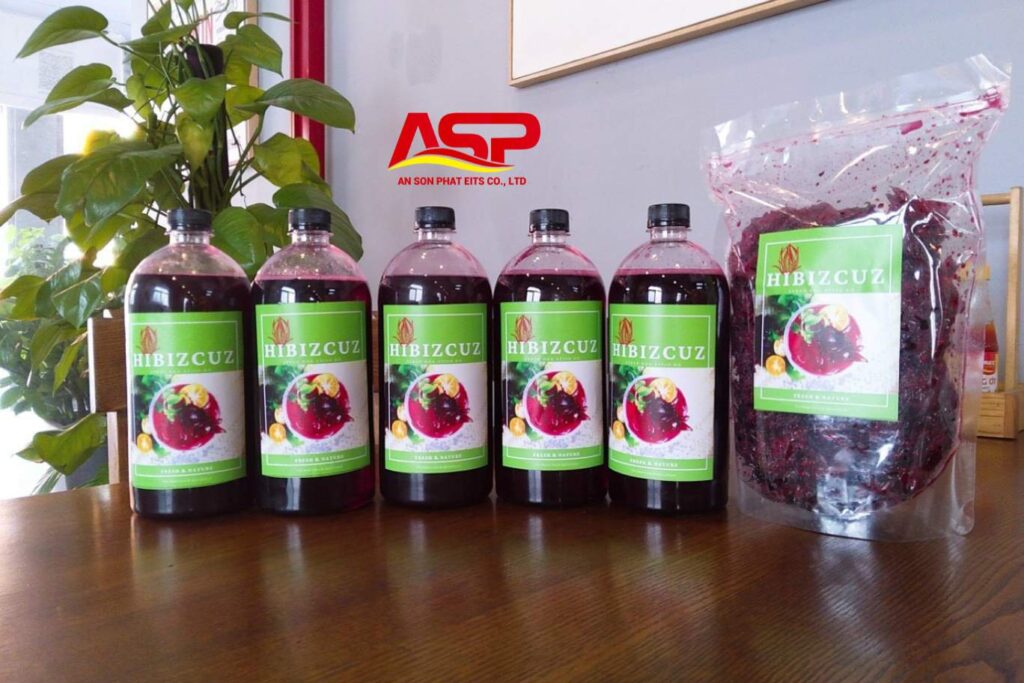
The heart health benefits associated with hibiscus tea are believed to be due to compounds called anthocyanins, the same naturally occurring chemicals that give berries their color.
| Nutritional value per 100 g (3.5 oz) | |
| Energy | 205 kJ (49 kcal) |
| Carbohydrates | 11.31 g |
| Fat | 0.64 g |
| Protein | 0.96 g |
| Vitamins | Quantity
%DV† |
| Vitamin A equiv. | 2%
14 μg |
| Thiamine (B1) | 1%
0.011 mg |
| Riboflavin (B2) | 2%
0.028 mg |
| Niacin (B3) | 2%
0.31 mg |
| Vitamin C | 14%
12 mg |
| Minerals | Quantity
%DV† |
| Calcium | 22%
215 mg |
| Iron | 11%
1.48 mg |
| Magnesium | 14%
51 mg |
| Phosphorus | 5%
37 mg |
| Potassium | 4%
208 mg |
| Sodium | 0%
6 mg |
- Uses
- Vegetable
- Beverage
- Jam and preserves
- Herbal medicine (high blood pressure)
- Types :
Hibiscus may be available in the following forms:
- single tea bags
- ready-to-drink tea
- loose flower petals
- liquid extract
- encapsulated powder



